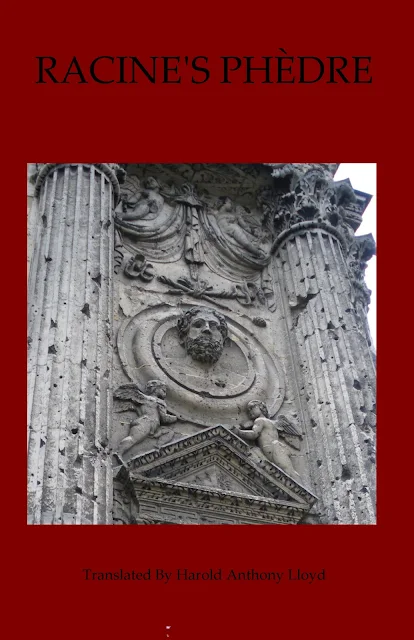Boethius's Sonnet
Was Theodoric’s
prison in the end
That proved the real
academy. Was there
They taught first
hand true good cannot depend
Upon mere
fortune. There caged in despair
This humbled bureaucrat
learned power flees
In but a moment and,
too, learned, how fast
“Good” title both in
name and properties
Is marred. Yet, I found hope! Though no things last
Below at length,
that maid Philosophy
Took pity, visited
dark dungeons and
Consoled me with her
higher poetry
Of permanence. Caressing that sweet hand,
I thought no more of
nooses or of cells
But of divinity and
where it dwells.
Saint Ambrose's Sonnet
Before the awful bench
where all will stand
We come in turn to
plead and do admit
Our errors though in
doing so submit
In mitigation it was
not our hand
That sought the
staff. Instead, Milan asked. We
Were acquiescent,
humbly turned our backs
On Roman boons (yet
kept her bones as racks
For Christian
ornament--past lies would be
Upholders of the
truth.) Thus we transformed
Words, music,
marbles, even living flesh--
Behold Augustine we
baptized afresh.
Mere spirit now, our
temporal see performed,
Pray let us see
Rome’s church ascending now
Above Rome’s ruins we’ve
refurbished now.
Marcion
The Docetist’s Sonnet
I’ve kneeled before
the true God now revealed
Through that
majestic phantasm called Christ
That clarified true
faith and thus repealed
The older
books. Sweet ghost! If sacrificed,
I knew it was not
God. Perfection by
Its very terms can
never suffer. For
To suffer is to
lose, to be less than
Complete and thus
prove imperfection. Nor
Could it have been a
man. Though man could be
Sinless despite the
lie of Eden, You
Could not allow a
sinless man to be
Condemned and killed
for sins he did not do.
Great ghostly
messenger! It had to be
Of course fantastic coming, Lord, from Thee!
© Harold Anthony Lloyd 2016
The current contents of "The Apology Box" can be found here.







